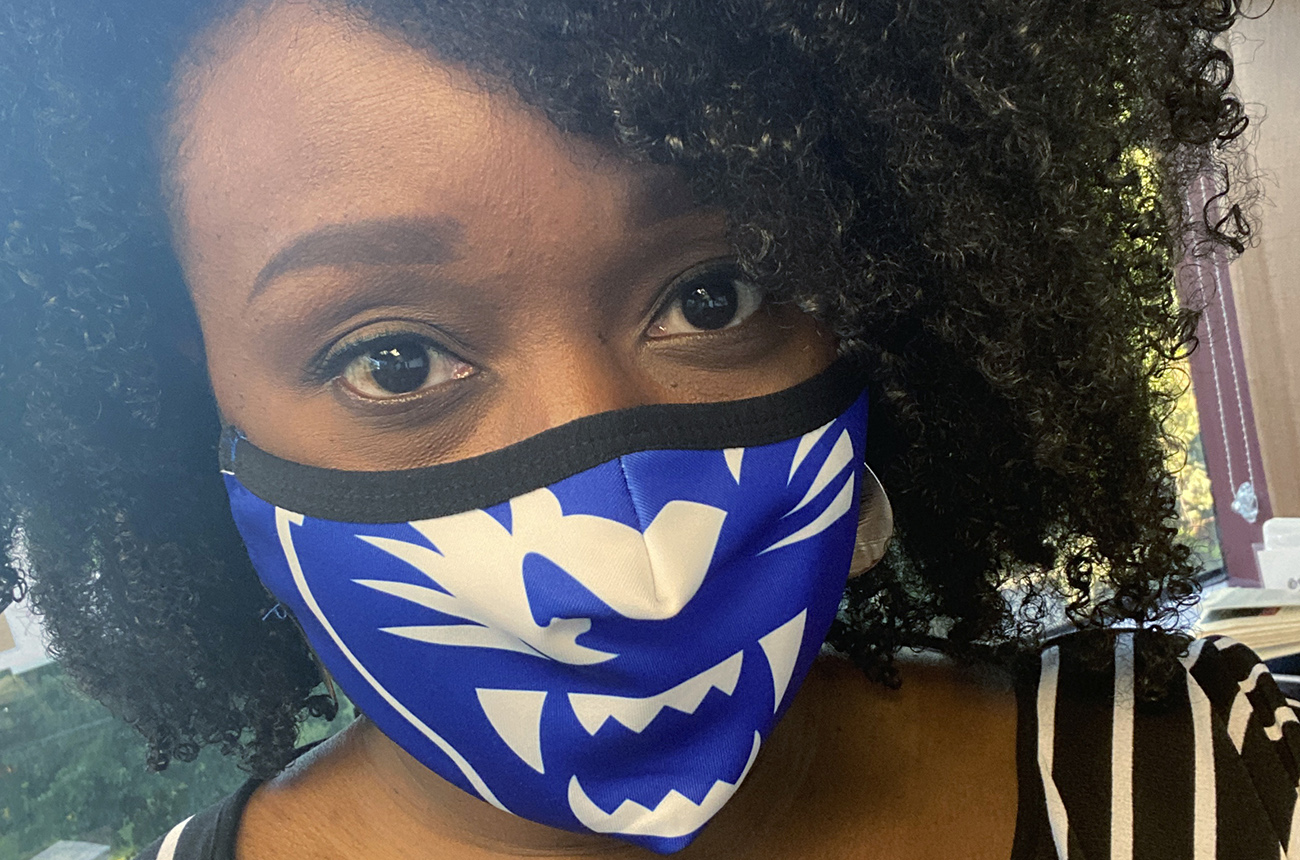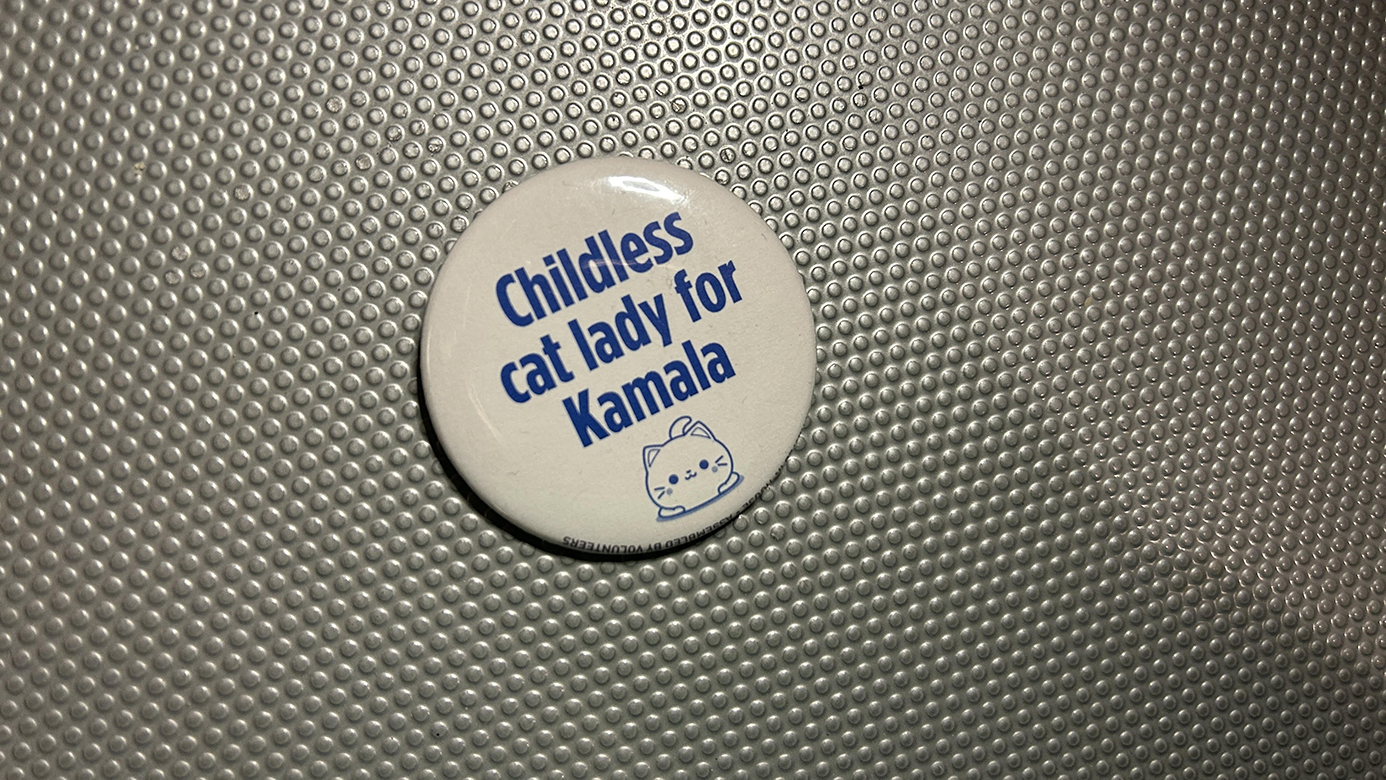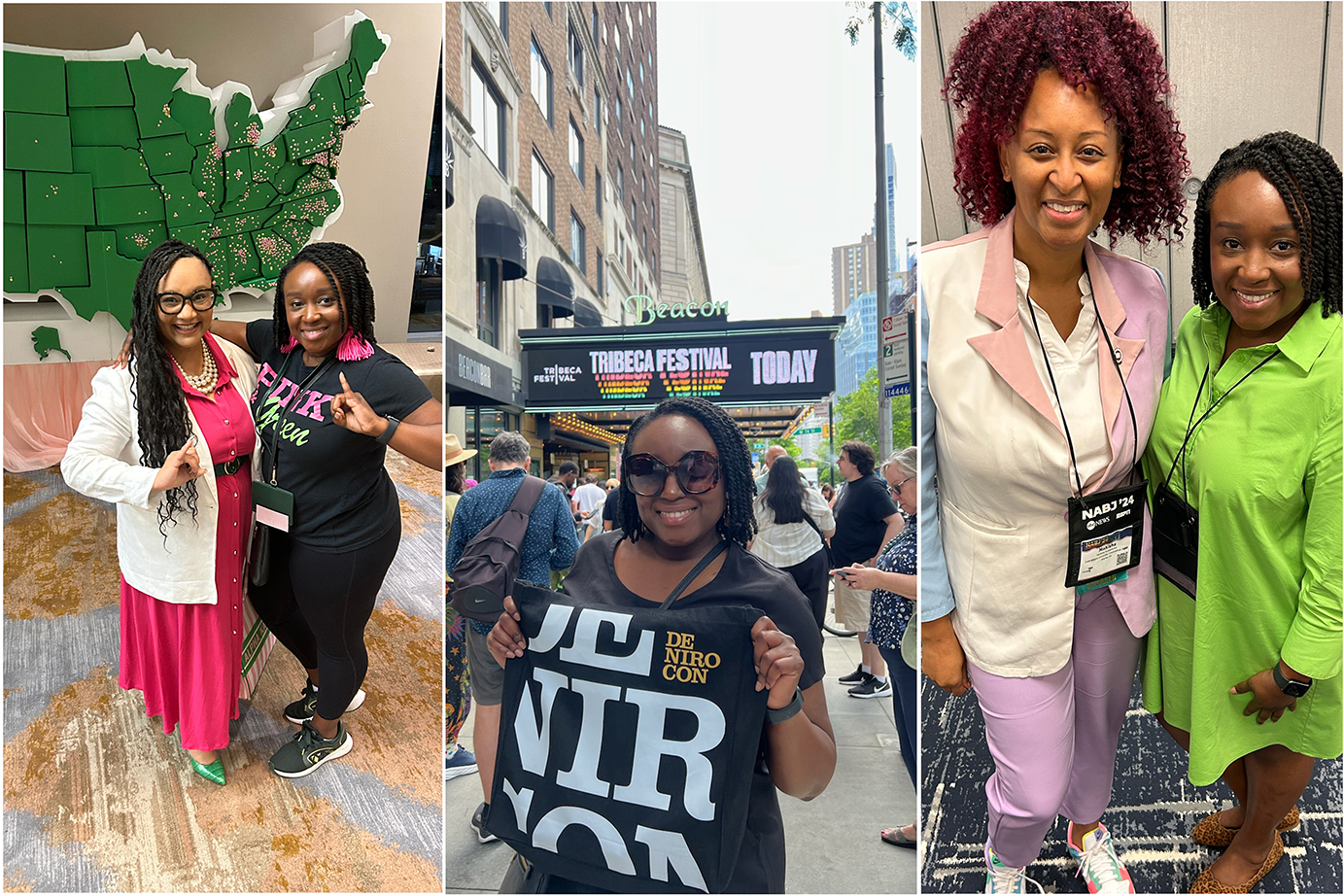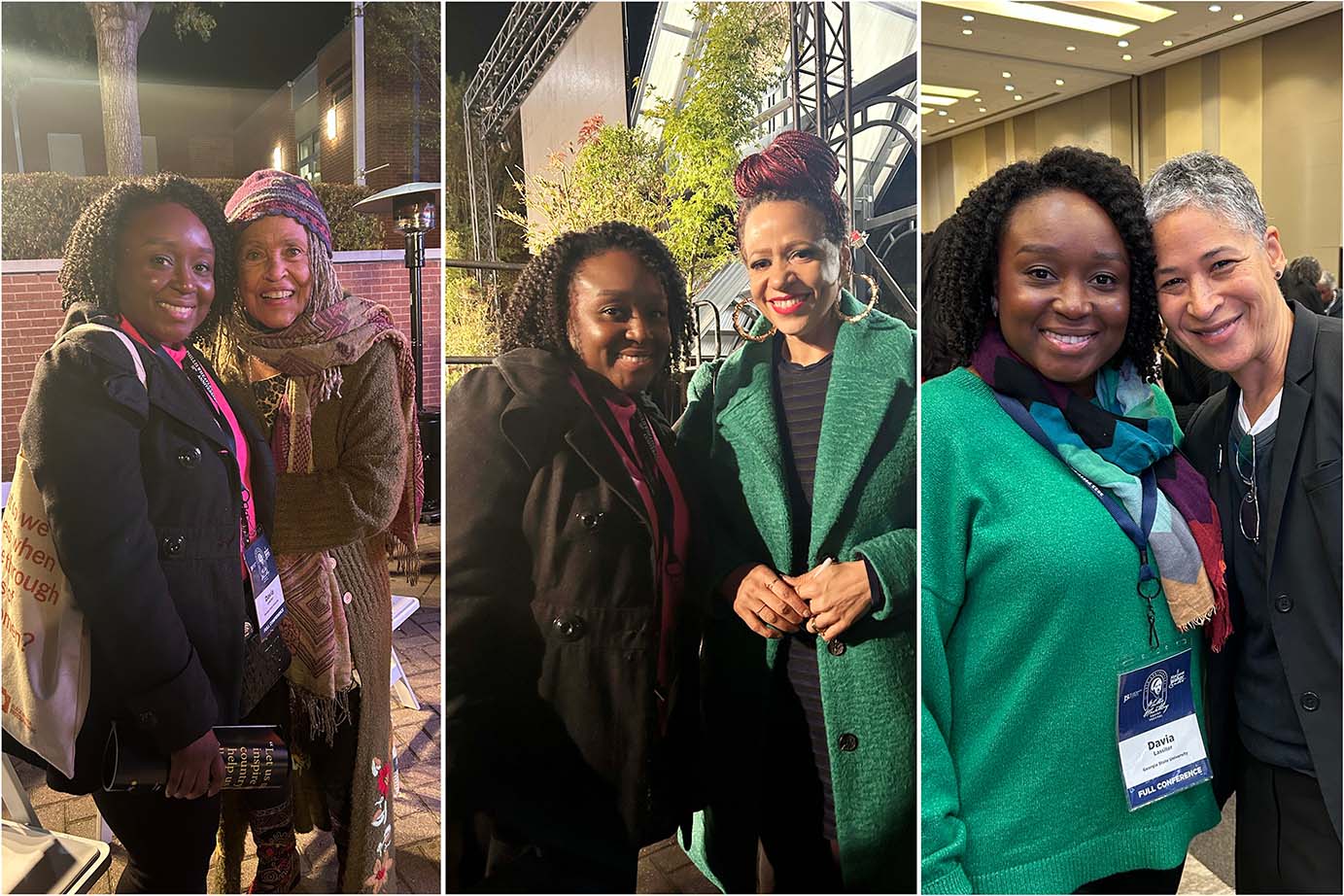My PhD Story
Today marks my third year as a Ph.D. student … and it’s a hell of a milestone! I am closer AND closer to the finish line!
But … it won’t mark my first time being in a doctoral program.
Putting the “P” in Plan (and PhD)
I’ve always known I would earn a terminal degree. As I was wrapping up my second year of my master’s program in 2006, I was exploring doctoral programs as well as internships and jobs. It was important that I had practical experience to bring into the classroom, but I also thought how great it would be if I earned my Ph.D. before turning 30.
However, the desire to work outweighed the prospect of more school, so I secured an internship at a magazine and headed there 1 week after graduation at UGA. That was in 2006.
In 2007, I landed my first full-time job. It was working at night at a newspaper. Nearly six years later, I had been promoted twice, won a few awards, and was preparing to transition into marketing and PR at a university. I wound up spending six years at the new job and was able to re-enter the classroom by taking several certificate programs – for free!
I also wanted to take advantage of tuition assistance for degree programs, and one caught my eye. It would be a terminal degree in marketing with weekend classes and a three-year timeline. It was perfect.
The process was very competitive … and expensive. There were several phases to the process (an introduction session, a research overview, and a final interview) and almost all of them had a price tag.
As I continued to advance in the process, I had mixed feelings. I felt empowered due to my advancement in the process but also couldn’t shake the doubt that accompanied the money I was spending. When I got the call that I got accepted, I was excited and proud of myself … but had to wrap my mind around coming up with $5,000 to secure my seat.
I made it work. Orientation came, I received my books and customized laptop bag, and met my cohort and the faculty.
Here’s what happened next.
“Everyone won’t make it. You’re all here now, but some of you won’t make it.”
This is what we were told on Day 1. It created a weird and uncomfortable environment. Defeat was already in the air. I wondered, Were they talking about ME? Was I incompetent? Was I not smart enough? Will I fail?
The classes were only 1 weekend a month, Friday through Sunday, 7 am to 5pm (which included time for catered breakfast and lunch). Since we all had different disciplines, some of the classes were split. We’d take stats together, for example, but certain days were divided based on our main area of interest. Mine was marketing, and there were 3 of us. However, one dropped out before the first class. By the time I began my marketing courses, the other student had dropped out, too.
I was the lone wolf. Also, the marketing professor had a reputation that was described as “socially awkward, slightly arrogant, but you’ll get used to it.” I now had one-on-one instruction with this individual every month.
Crisis
In the interim between each class weekend, I was struggling and didn’t understand why. I had my reading schedule, binders for each class, notes, etc. I was going through the motions but could not fully articulate the content by the time class rolled around. I rarely participated in discussions because I felt ashamed, helpless, and scared. I couldn’t focus, no matter what I tried.
The following incident didn’t make things any better: I am a stickler for being on time, but a missed alarm resulted in me sending panicked texts and emails to my professor about my impending late arrival.
Class started at 8 a.m. I arrived at 8:30. This was my 1:1 class.
“Don’t let it happen again,” was the response. I felt threatened. What made matters worse is out of all of the articles I had to read for this particular session, 75% of them were authored by this professor.
What happened next was a rapid-fire barrage of questions about the articles, to which the individual began referring by the publication year instead of the title. This was uncommon. I had the hard copies spread out on the table and feverishly began grabbing at them to review my notes and try to answer the questions.
Out of Control
I began to have difficulty breathing and began to hyperventilate. I began to cry uncontrollably while gasping for air. I thought I was going to faint.
The instructor glared at me the entire time. After a few minutes of this, I began to gain control of my body.
His response: “This is something I do on purpose.”
I don’t remember what was discussed the rest of the morning. I do remember breaking for lunch at noon and running into another student from a different cohort. She took one look at me, grabbed my hand, and led me to a private room. I was inconsolable. She said she understood how I felt but “that’s just how [this person] is.”
I did not have the energy to eat lunch that day. The rest of the afternoon consisted of this same instructor talking about how many publications they had while a guest speaker and I sat helplessly for the rest of the afternoon. I bolted as soon as 5PM arrived.
I texted a friend of mine (who has his PhD) because I needed someone to talk to, and we decided to meet at a nearby Panera. I was so shellshocked that, on the way there, I stopped at a light and just sat there, not even blinking. It wasn’t until someone starting blowing at me that I realized the light had been green the whole time.
I reported what happened to program leadership. The next month, I went to the 1:1 class again. It was Friday. The next morning, I sent an email to announce my immediate withdrawal from the program. My only regret is not sharing my truth with my cohort.
I felt like a failure. What I realize now is that this program failed me (and other students who’d dropped out over the years) due to poor accountability, unchecked audacity, and the projection and expectation of failure.
Also … unmanaged anxiety was wrecking my mental health.
Breaking Through
If you ask me about therapy, I’ll tell you that it saved my life – among those being the revelation about my anxiety; specifically, the anxiety attacks. I’d had them before but just simply chalked it up to being emotional. With professional help, I was able to understand what was happening in my body, recognize triggers, and develop coping mechanisms … instead of internalizing failure.
I reached a new level of clarity and didn’t give up on pursuing my PhD … which brings me to August 23, 2021.
I’m in my third year in a Public Communication program at Georgia State University. This experience is very different from my first. We have never been told that “some of you won’t make it.” Instead, they tell us that they want us to be successful in the program and provide us support. The program is rigorous and faculty have very high expectations, as they should! However, they speak success into us, and I am thriving.
I Said What I Said
Toxic situations are cesspools of abuse. No one benefits. Whether it’s an academic program, a job, a relationship, etc., remember one thing: You can always do better.
As soon as possible: Remove yourself from situations that neither support nor respect your talent, intellect, and value. There are people whom you will encounter that DO NOT want you to succeed and they will do everything in their power to trip you up so that you fall on your face.
Maintain your balance by making the best choices for you. I’m glad I did.









T. McNulty
You can always do better. 👏🏾👏🏾👏🏾
drlassiter
Yes! I have learned so much more about myself when I choose ME.
Lenora Phillips
Davia,
That was a great reflection. I often say, don’t let their problem become your problems. I am proud of you.
drlassiter
Thank you, Aunt Lenora!
Carrie Freeman
I’m glad to hear we are a more supportive and encouraging environment at GSU in the communication graduate program. We are lucky to have you.
drlassiter
Thank you, Dr. Freeman! I am really grateful for the GSU experience.